Max Verstappen is one of the most outspoken drivers on the Formula 1 grid. He almost never hesitates to say what he thinks.
Verstappen is establishing himself as an all-time great in the sport, having sealed a fourth consecutive world championship at the Las Vegas Grand Prix in November. But his sometimes brutal honesty is part of the reason he remains a divisive figure.
Many other legendary figures have polarised fans during their careers. That tends to change after they retire, although some simply relish generating controversy.
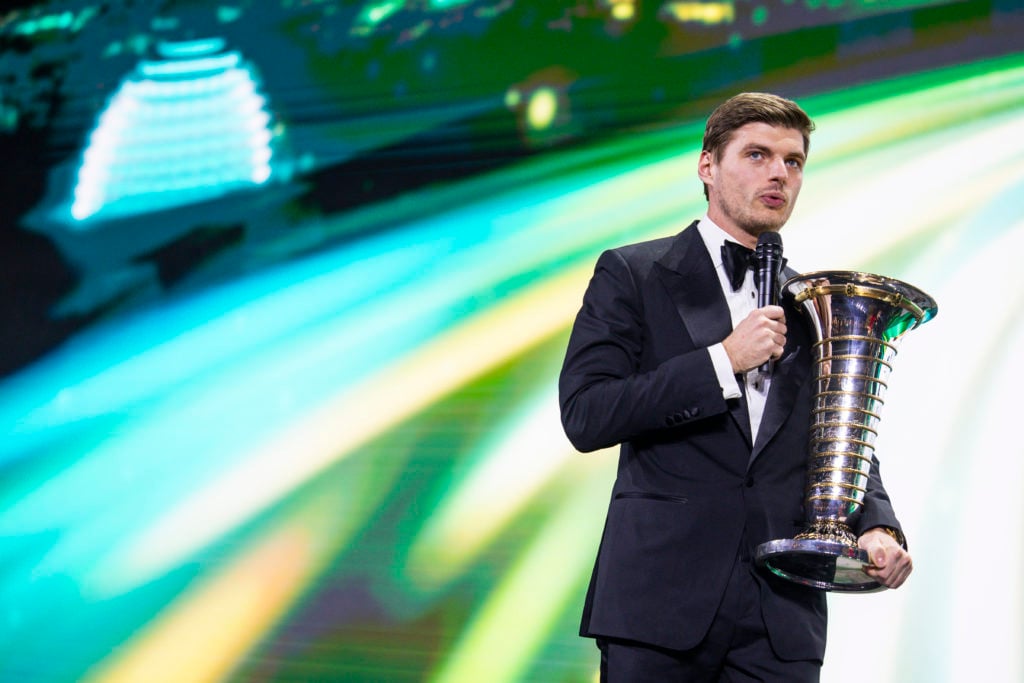
Verstappen had to carry out FIA community service when he visited Rwanda for the prizegiving ceremony. This was after he swore in a press conference at the Singapore GP.
The 27-year-old initially refused to engage with questions in the press room as a result, instead speaking to journalists outside. There were some indications that Verstappen may refuse his penalty, but that would have led to an escalation.
The FIA chose not to investigate Verstappen at the Abu Dhabi GP amid his intense feud with George Russell. Russell alleged that the Red Bull driver had threatened to ‘put him on his head’ in the wall at the previous race in Qatar after a tense meeting with the stewards.
Red Bull allow Max Verstappen to be ‘a lot more free’ in the media
According to Louise Goodman, formerly an F1 pitlane reporter for ITV, Red Bull’s policy has always been to let drivers express themselves in their media appearances. As long as they don’t disparage the company’s signature product, they’re largely free to say what they like.
Goodman says this policy is evident in Verstappen’s answers. And she also saw a transformation in David Coulthard when he joined the Milton Keynes squad.
After starting his F1 career with Williams, Coulthard joined McLaren in 1996. He was constantly wary of upsetting team partners like Mobil, the US petroleum brand.
However, when he arrived at Red Bull in 2005 – the same year they entered F1 – he found their approach refreshing. It allowed him to ‘be himself’.
“You look at Red Bull,” Goodman told the Backseat Drivers podcast. “They basically sell fizzy pop that people drink at parties. Obviously they have other brands that they’re involved with, but the bottom line is that a Red Bull driver has always been able to be a lot more free with what they’re saying. You see it with Max.
“DC was at McLaren, which was very corporate. Every time he opened his mouth he was thinking ‘what will Mobil think, what will McLaren think?’ and so on.
“Then he gets to Red Bull, and they basically said ‘mate, just say what you like just don’t criticise the drink. Then suddenly he could be himself.”
The Max Verstappen interview answer that shows he’s taking advantage of Red Bull freedoms
Verstappen spoke to Dutch broadcasters Viaplay to reflect on his latest title-winning season. There were a couple of moments where he utilised the freedom he’s afforded by Christian Horner.
The 63-time race-winner has effectively been the golden boy at Red Bull for years. The entire team revolves around him as they try to keep him happy given his historic abilities.
Verstappen said he’d tell his engineer to ‘shut up’ if they used the phrase ‘papaya rules’ over the radio. That was a term coined by chief rivals McLaren to ensure Lando Norris and Oscar Piastri raced in the collective interest.
Elsewhere, Verstappen appeared to mock Ferrari over their hesitant radio messages. Other teams would likely use their drivers to be more diplomatic and respectful, but the world champion won’t face any rebuke.



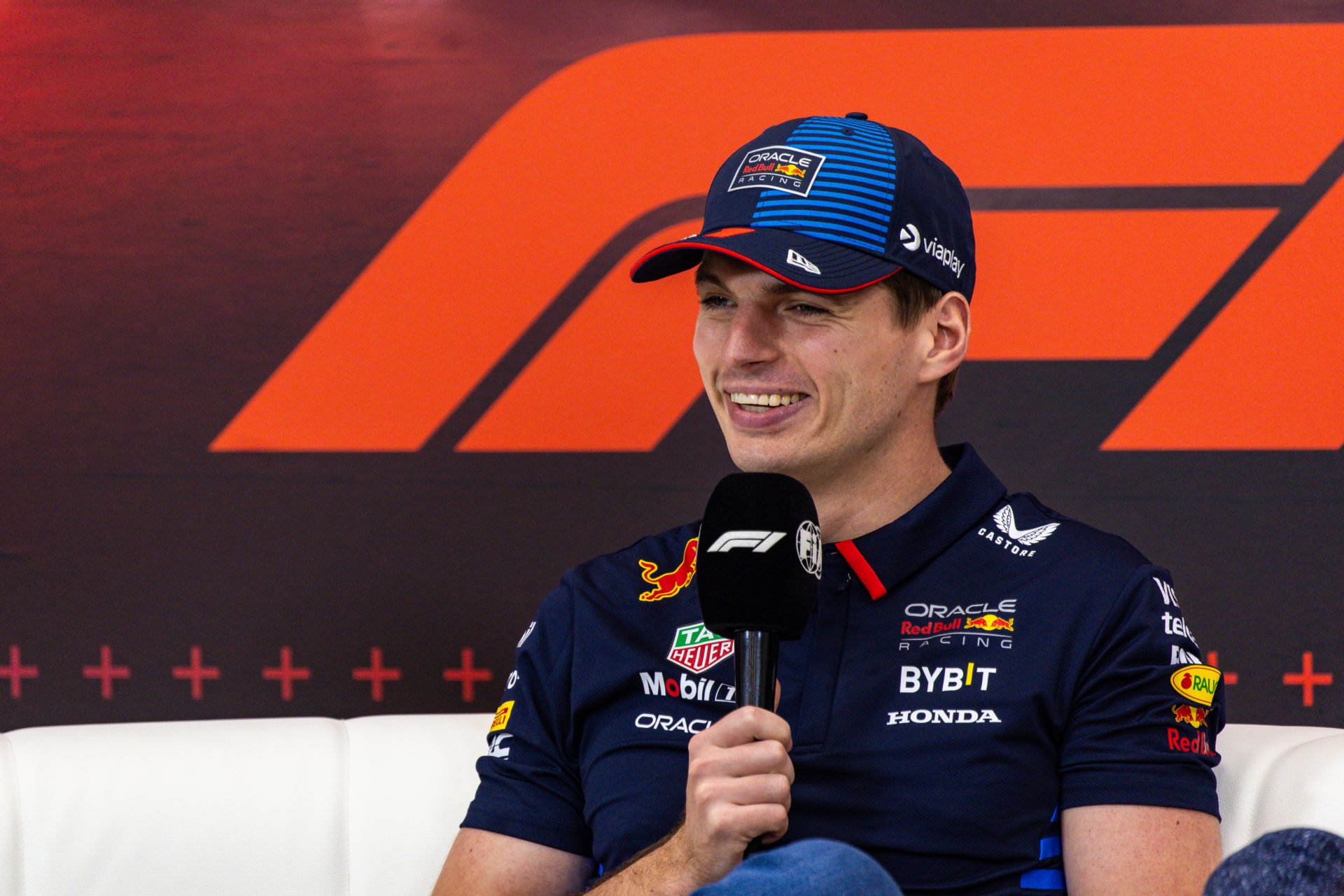
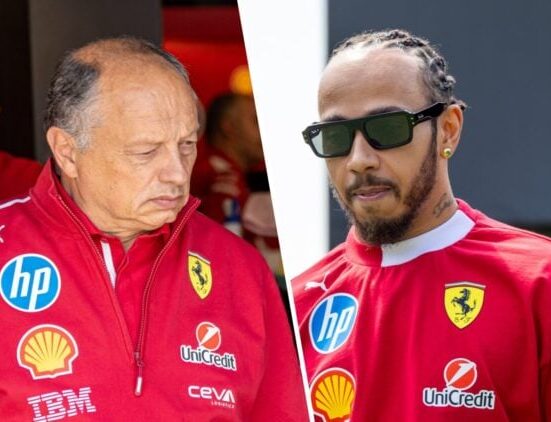
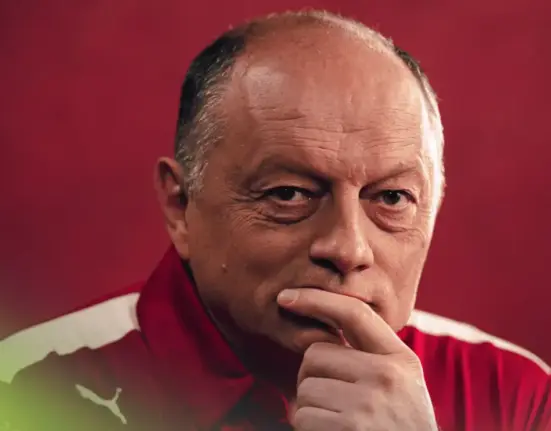

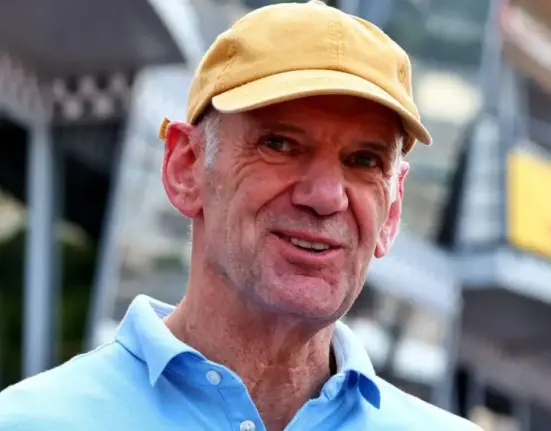
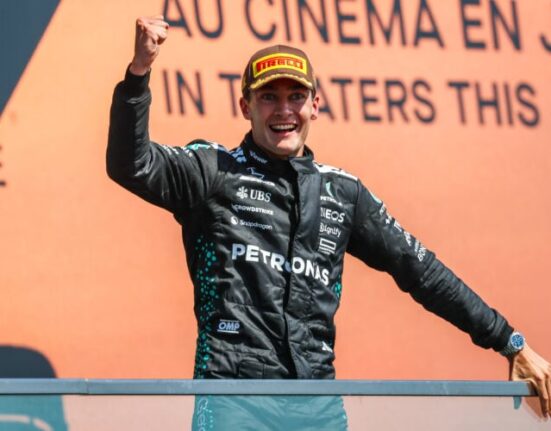

Leave feedback about this